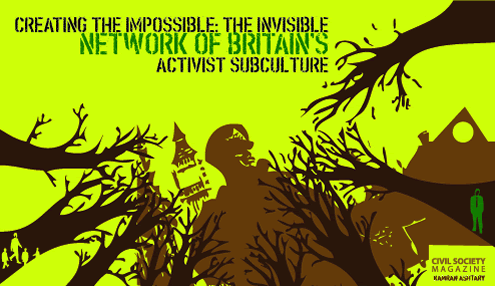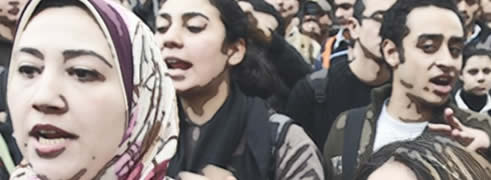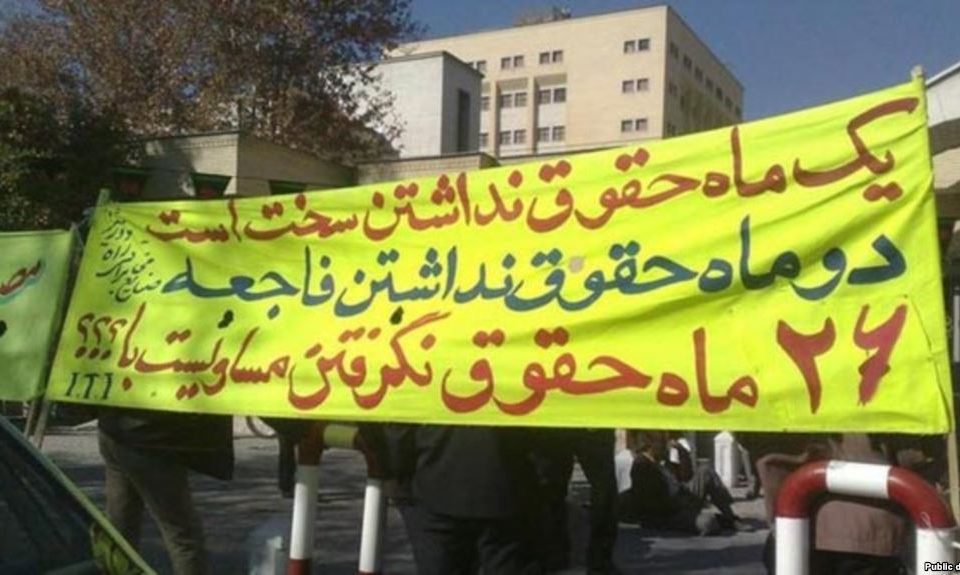
Creating the Impossible: The Invisible Network of Britain’s Activist Subculture
April 26, 2011
In the news…
April 28, 2011What does it take to make change?
On Monday, April 18th, The University of Amsterdam, IKV Pax Christi, and Hivos sponsored a day-long seminar, Middle Eastern Perspectives on the Revolutions, on the recent events in the Arab world. In a series of short posts, Arseh Sevom will summarize some of the discussion that occurred that day. We will look at specific themes such as women’s involvement and the struggle for women’s rights, involvement of trade unions, and the struggles of ethnic and religious minorities.
In the upcoming posts, we will hear from activists in Tunisia, Lebanon, Iraqi Kurdistan, and Egypt.
Below is a quick overview of some of the most important points covered:
- Women’s rights: women have been out in the streets in every one of the middle eastern revolutions in the past 40 years, starting with Iran’s revolution in the late 70s. Women participated in the revolution in high numbers only to have their rights restricted by a new, Islamist regime. Women have continued to come out into the streets, protesting for change an reform throughout the region.
- The role of trade unions: because trade unions bring together people with diverse viewpoints, the have to find ways to build consensus and participation.
- The role of the media and social media: activists discussed how they used social media to bring people into the streets and how that same social media is being used to monitor and infiltrate networks. There was also discussion about the attention of the international media and how it (sometimes) helps indigenous movements.
- Fears in the future: guarding against complacency and the urge to bask in the “exceptionalism” of the moment.





